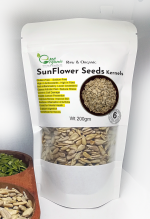
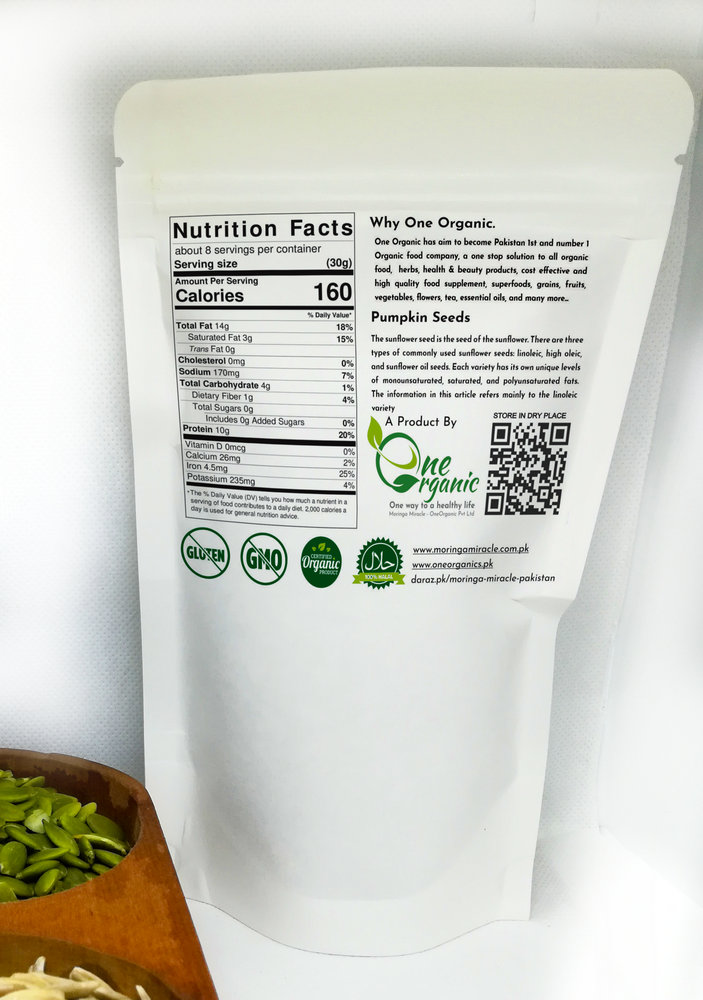
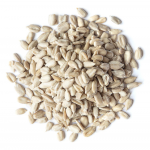
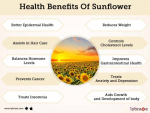
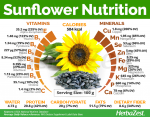
Sunflower Seeds سورج مُکھی کے بیج(Without Shell)Boost Immunity , Hormonal Balance, Pregnancy , PCOS, Seed Cycling, Weight Loose 200gm Pack
₨ 650 Original price was: ₨ 650.₨ 499Current price is: ₨ 499.
- SunFlower Seeds Kernels
- Inside Seed Without Shell
- 100gm Pack
- Immunity Booster
- Reduces Cholesterol
- Cardioprotective Effects:
- Reduces risk of Cancer:
- Management of Diabetes:
- Boosts function of Brain:
- Helps in Weight Loss:
- A Powerhouse of Energy:
- Helps in Treatment of Anaemia:
- Helps to Detox our Body:
- Good for our Skin:
- Helpful During Pregnancy:
10 in stock
Payment Options
Cash on Delivery
Easy Paisa/Jazz Cash
· Sunflower seeds are rich in calories. 100 grams of these seeds give around 585 calories of energy. They have a good amount of fiber (8.5 g) and fats (51.5 g). Fats present are mostly polyunsaturated and monounsaturated; which are good fats. They are also rich in protein (20.77 g).
· They are loaded with vitamins like Thiamine, Riboflavin, Niacin, Pantothenic acid, Folate, Choline, vitamin B6, vitamin C and vitamin E.
· Contain minerals like calcium, iron, magnesium, manganese, phosphorus, potassium, sodium, zinc etc.
· Sunflower seeds
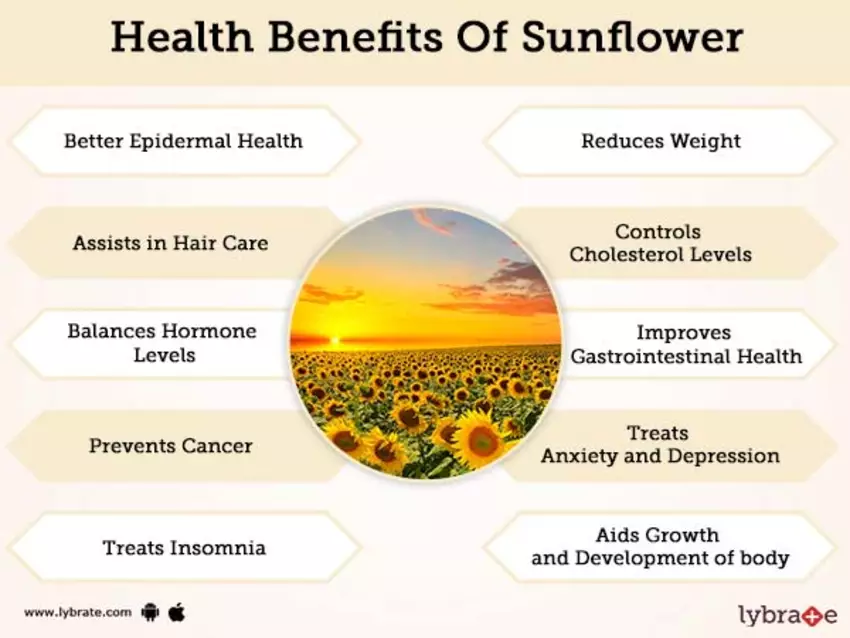
when consumed, also provide us with plant compounds like flavonoids andphenolic acids that are strong antioxidants.[1]
Health Benefits of Sunflower Seeds:
· Immunity Booster:
Immunity boosting effects of sunflower seeds are due to the presence of vitamin E, zinc and selenium in them.
Vitamin E enhances immune responses and protects against several infectious diseases. It is also a powerful antioxidant and prevents free radicals from damaging healthy cells in our body.
Zinc protects our body from inflammation, allergies and invading pathogens, thus preventing infections and increasing overall immunity.
Selenium reduces inflammation and enhances immunity. It also helps to reduce oxidative stress from free radicals.
· Reduces Cholesterol:
The fibre content of sunflower seeds decreases levels of LDL cholesterol in the blood.
Niacin or vitaminB3 present in sunflower seeds reducesand risk of heart diseases.
Vitamin B5 orpantothenic acid in sunflower seeds increases HDL cholesterol and reduces totalserum cholesterol levels.
· Cardioprotective Effects:
Sunflower seeds are rich in oleic and linoleic acid and low in saturated fats and sodium. They also contain magnesium, potassium and fibre.
They help to lower blood pressure and serum cholesterol levels. Consuming them also reduces the occurrence of arrhythmias. All these effects help to protect our body from occurrence of cardiovascular disorders.
· Reduces risk of Cancer:
Beta-sitosterol, aphytosterol present in sunflower seeds helps to prevent breast cancer.It inhibits the growth of tumour cells, decreases the size of the tumour and also prevents metastasis.
Presence of strong antioxidants in sunflower seeds also reduces the risk of cancer.
Consumption of these seeds also reduces the chances of colon cancer.
· Management of Diabetes:
Sunflower seeds are useful in reducingin patients with type 2 diabetes mellitus.
· Boosts function of Brain:
Sunflower seeds contain vitamin B6. It improves mood and concentration and enhances memory.It releases serotonin and norepinephrine in our body.
Sunflower seeds also help to ease symptoms associated with premenstrual syndrome (PMS).
· Helps in Weight Loss:
Sunflowerseeds are rich in proteins and fibre. They make us feel full for a long time,reduce our food intake and finally reduce the number of calories consumed. Thishelps in reduction of weight.
· A Powerhouse of Energy:
Sunflower seeds area good source of thiamine ( vitamin B1 ). Thiamine helps to break down carbohydrates, proteins and fats present in our food into energy.They also help in muscle building.
A handful of sunflower seeds can give you instant energy when consumed.
· Helps in Treatment of Anaemia:
are a good source of iron. Consuming these seeds helps t o up our ironlevels; thus helping people suffering from anaemia.
· Helps to Detox our Body:
Sunflowerseeds have potent antibacterial activity. They help in effectively removingbacteria and germs from cells.
Theyalso help to flush out toxins from our body.
· Good for our Skin:
Consuming sunflower seeds keep our skin glowing. Antibacterial and antifungal activity ofthese seeds also prevents infections, thus keeping our skin clear.
Oleicand linoleic acids, present in sunflower seeds help in the formation ofcollagen and elastin, speeding up wound healing. They also prevent theformation of scars.
· Helpful During Pregnancy:
Sunflower seeds are loaded with Vitamine E, which is a nutrientknown to be extremely beneficial for prenatal health. This means, Vitamin Ehelps in the development of the baby inside the womb. Therefore, sunflowerseeds are an effective source of nutrition for pregnant women and their babies.
SunflowerSeeds are usually of two types-
· Sunflower Seeds that we eat
· Sunflower Seeds used to extract oil.
Around2000 seeds are obtained from large sunflower heads. These seeds can be eaten asa snack or they can be added to :
· Mukhwas
· Nutrition bars
· Bread
· Muffins
· Yoghurt
· Stir-fries
· Salads
Youcan even have sunflower butter made using these seeds.
Sideeffects of Sunflower Seeds:
· Excessconsumption of sunflower seeds may cause vomiting, stomach ache andconstipation.
· People allergicto sunflower seeds may show symptoms like vomiting, rashes, breathing problem,swelling and itching around the mouth etc.
· Sunflower seedsare rich in calories. Consuming too much may lead to weight gain.
· Sunflower seedscontain traces of cadmium. Eating too many seeds can be harmful to our kidneys.
· Eatingcontaminated sprouted seeds may lead to bacterial infection (Salmonella).
- SunFlower Seeds Kernels
- Inside Seed Without Shell
- 100gm Pack
- Immunity Booster
- Reduces Cholesterol
- Cardioprotective Effects:
- Reduces risk of Cancer:
- Management of Diabetes:
- Boosts function of Brain:
- Helps in Weight Loss:
- A Powerhouse of Energy:
- Helps in Treatment of Anaemia:
- Helps to Detox our Body:
- Good for our Skin:
- Helpful During Pregnancy:
| Weight | 0.2 kg |
|---|---|
| Dimensions | 12 × 4 × 18 cm |
Only logged in customers who have purchased this product may leave a review.
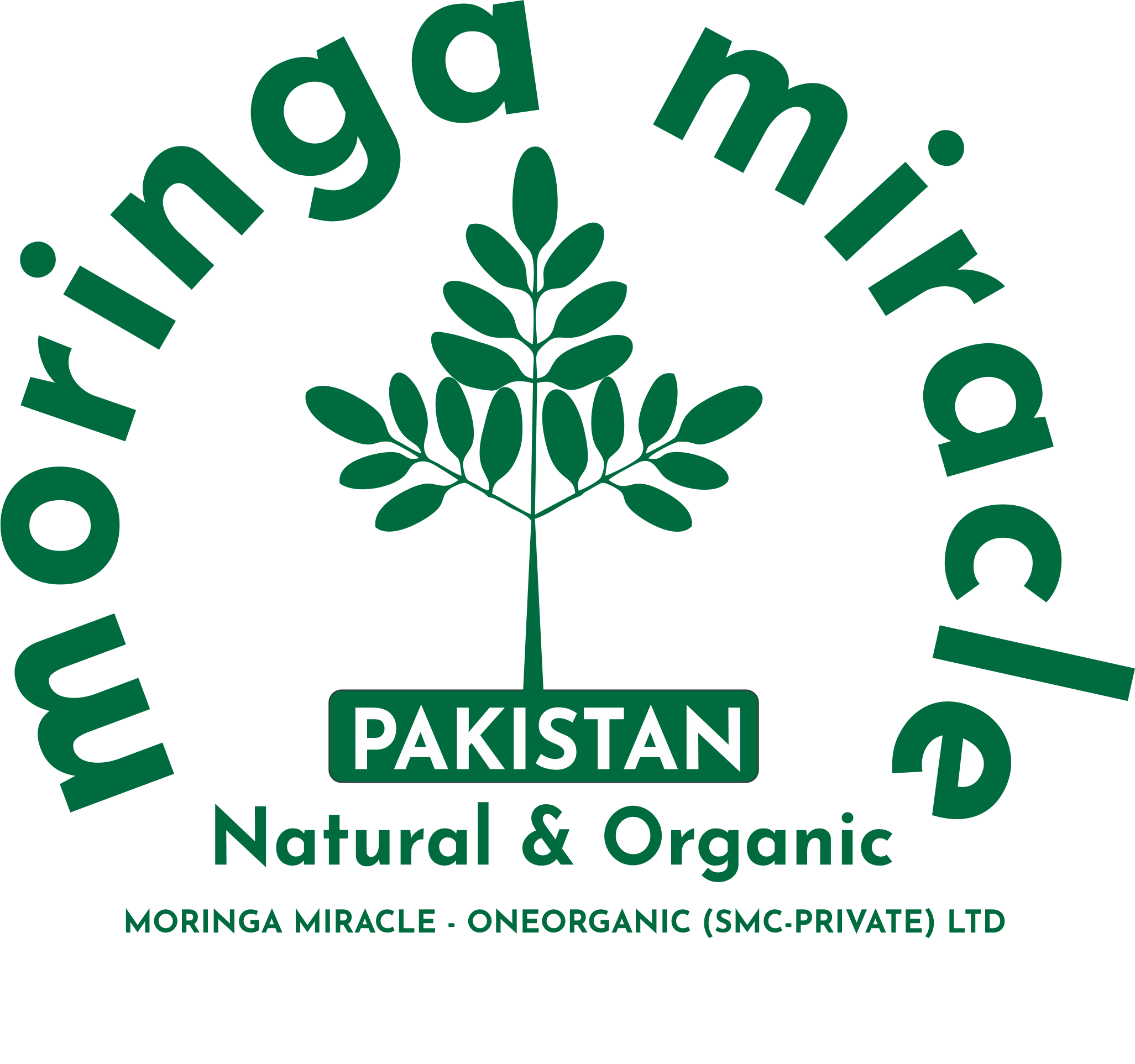

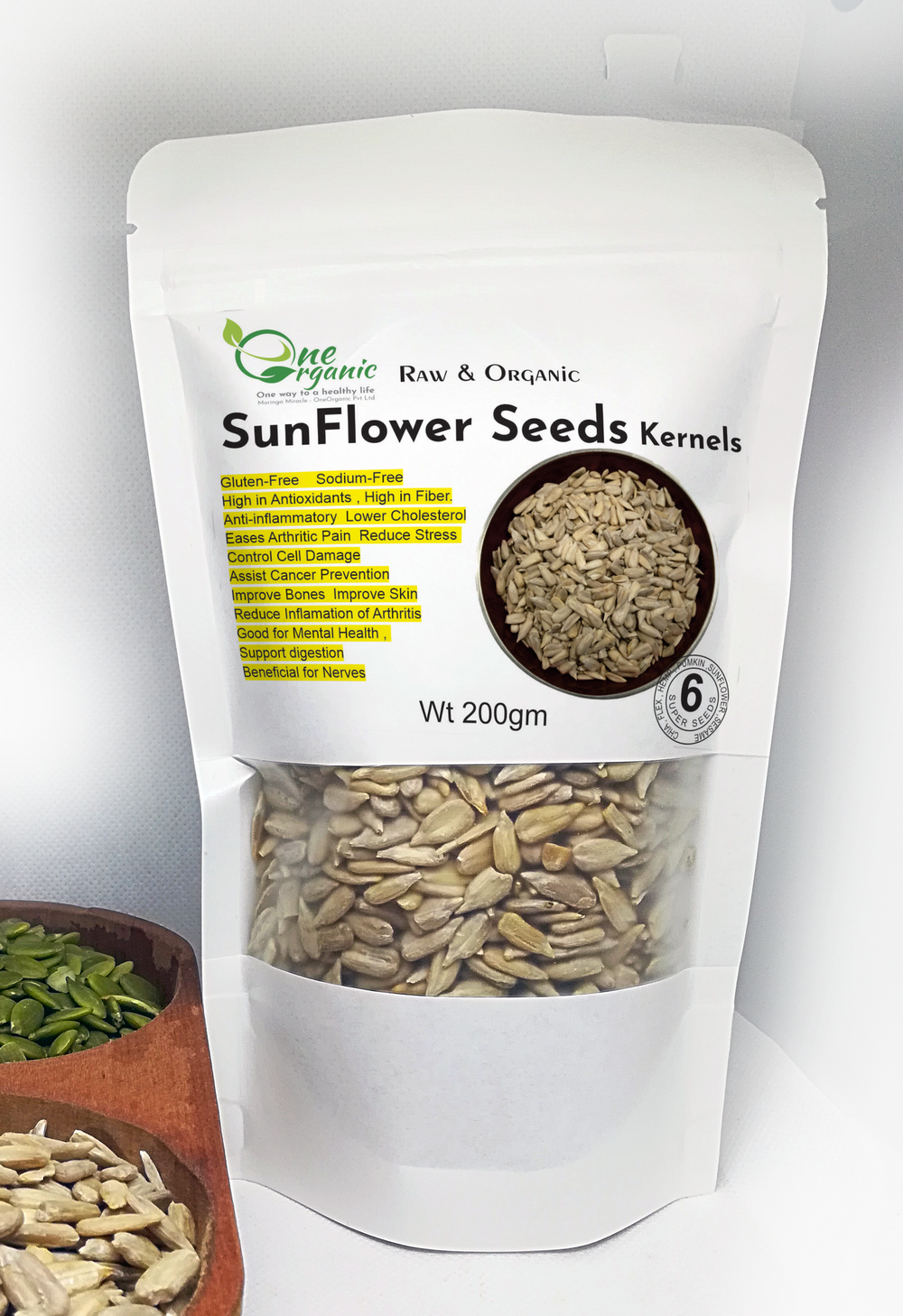
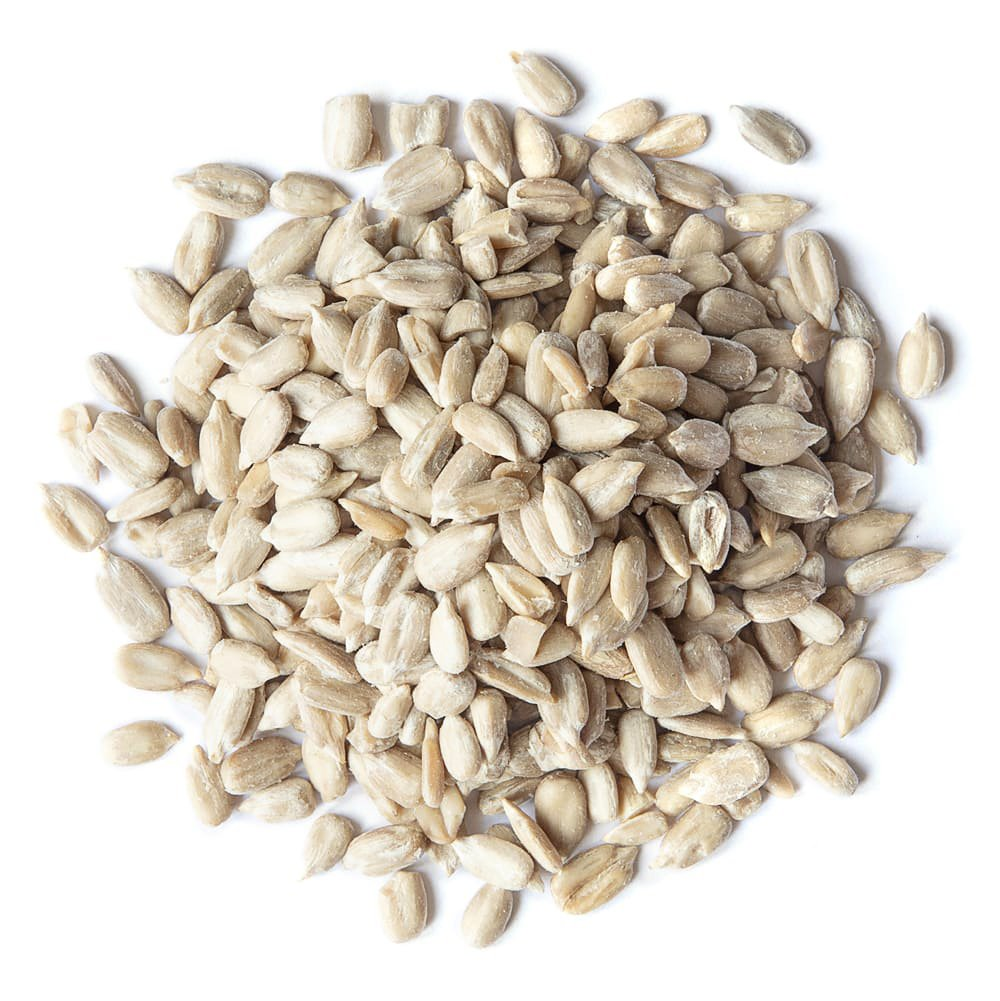
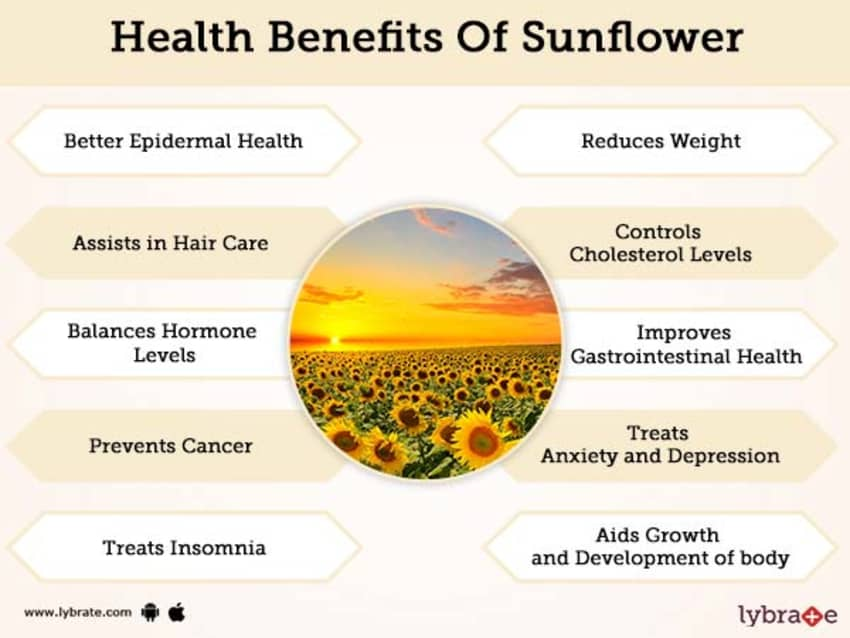

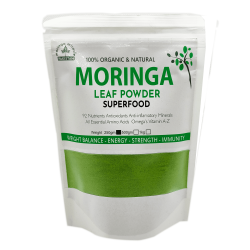
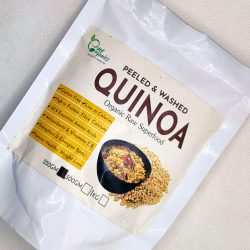

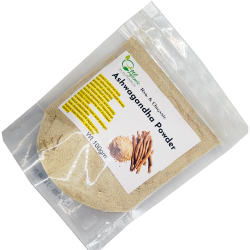

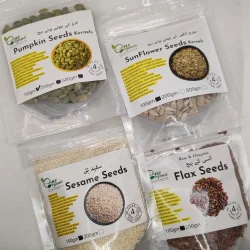
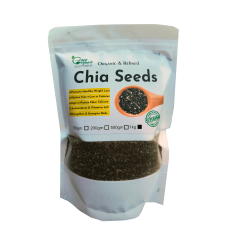
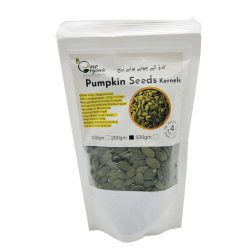
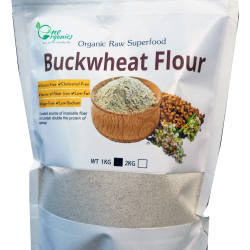
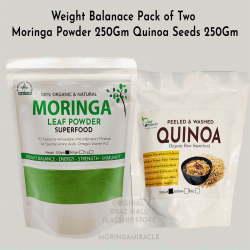
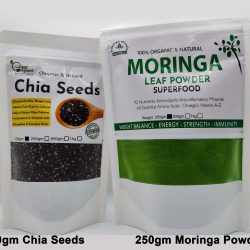
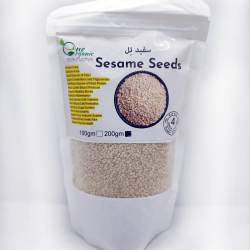
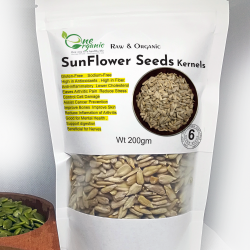
Reviews
There are no reviews yet.